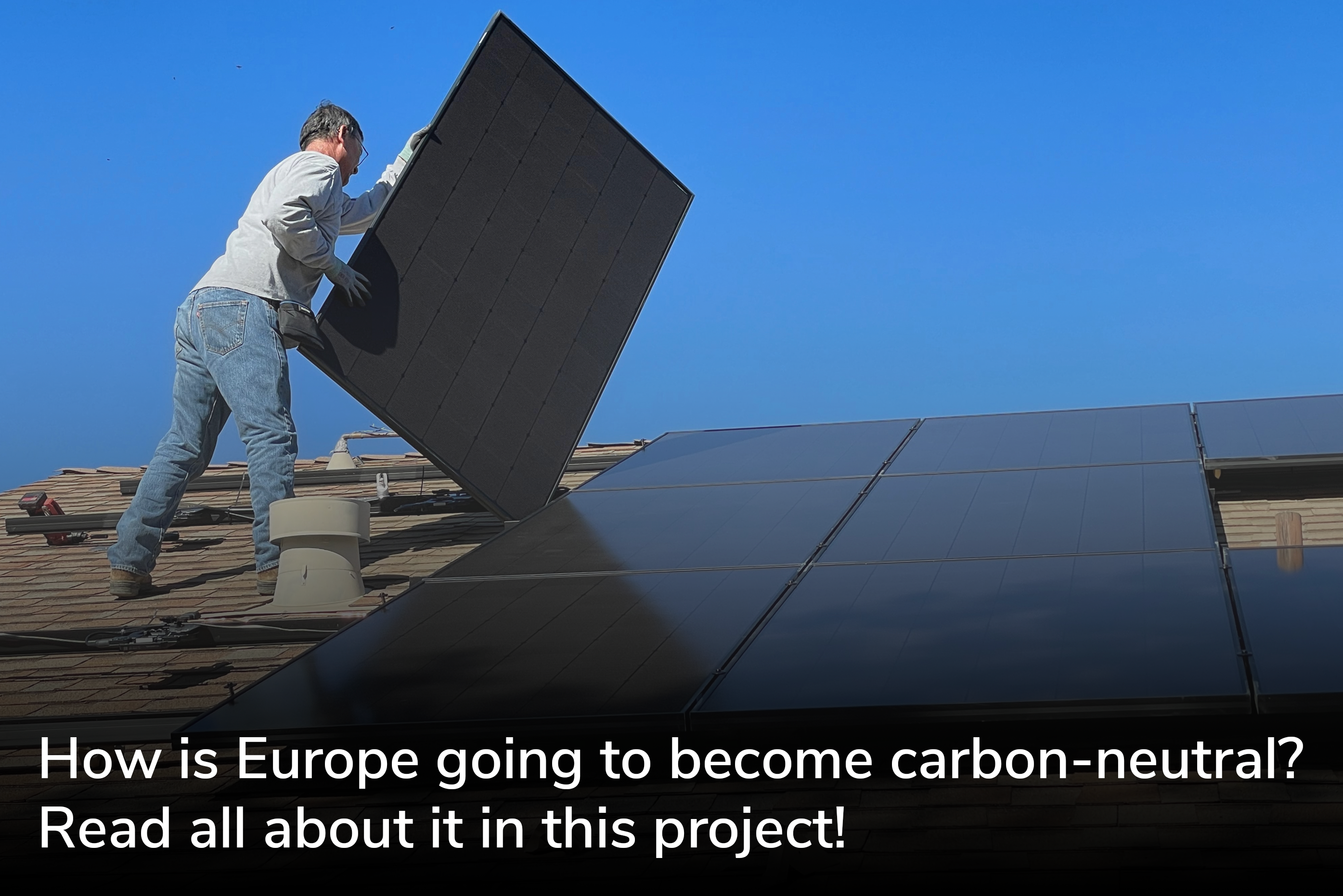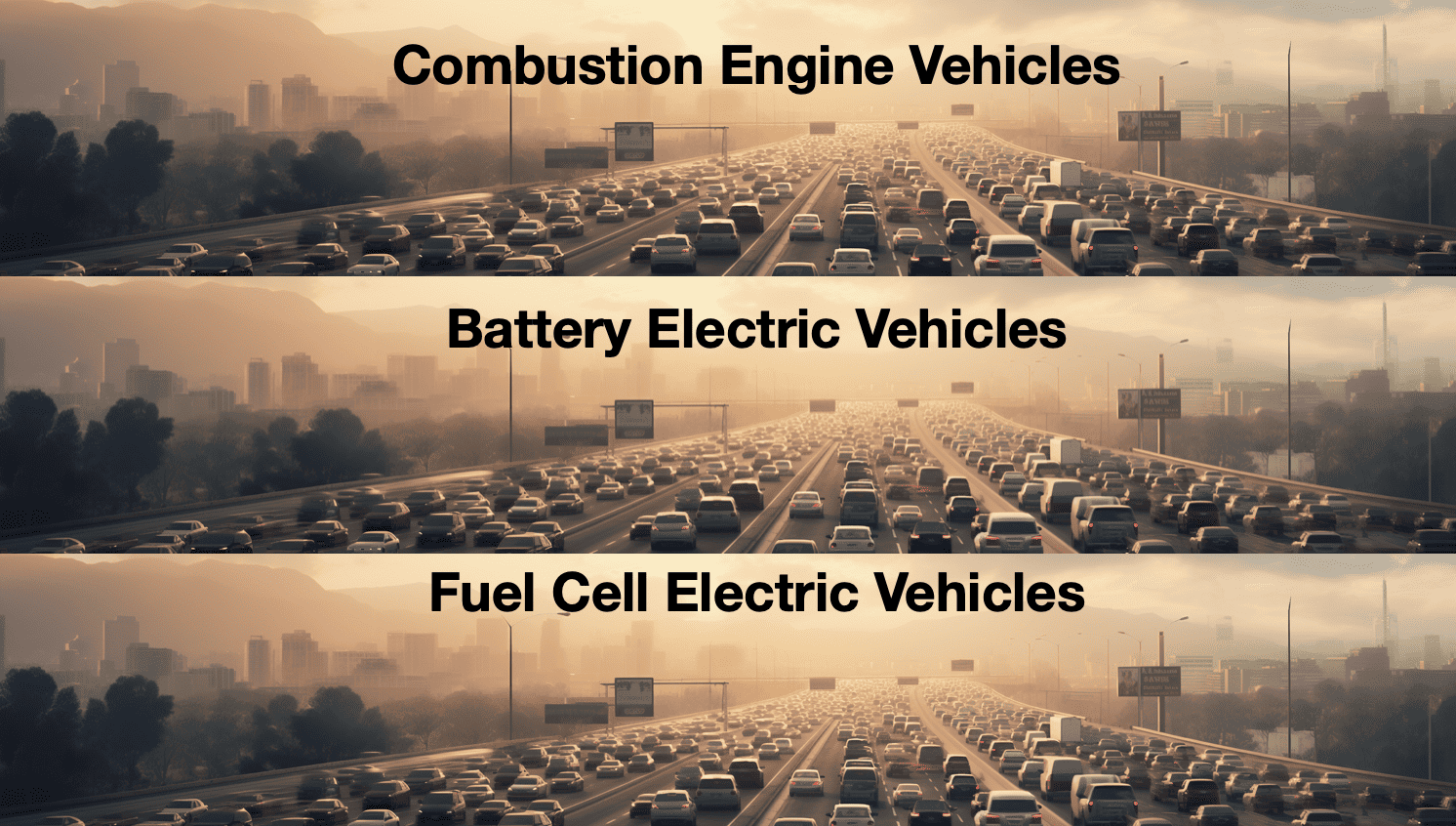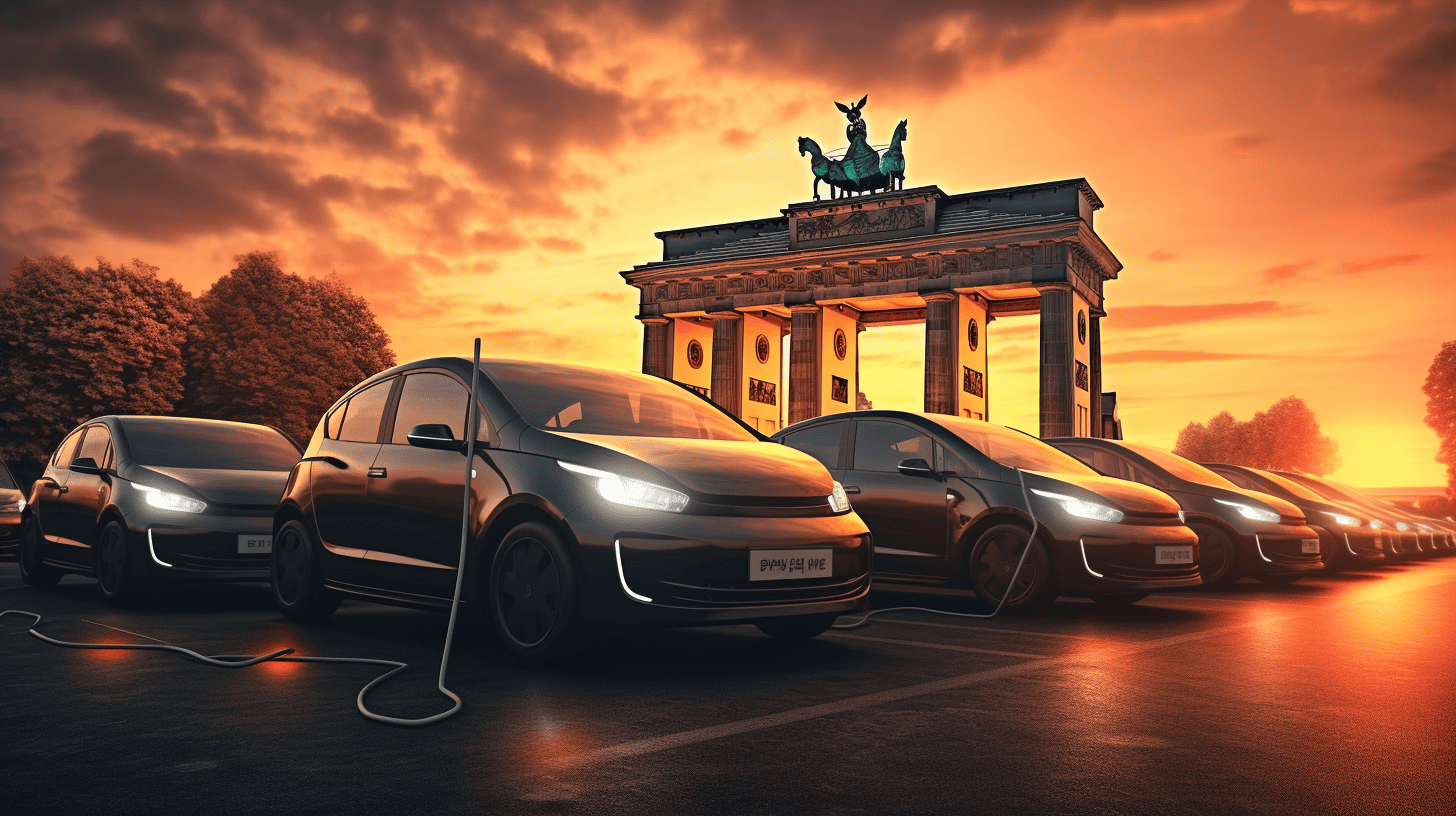
The earth has amassed a lot of solar energy from the past in the form of fossil fuels (solar stocks). Over the space of 100 years, we have plundered these solar stocks by consuming far more energy than we can generate from sources such as the sun, wind, hydropower and biomass (solar flows). We are now trying to stop this depletion of resources. However, we are still making two crucial mistakes: we have started depleting the earth’s mineral resources (lithium, cobalt, copper and other rare metals), and we have started borrowing biomass from the future.
Essential mineral reserves are more likely to run out first than fossil fuels, even during this century. And cutting down and burning trees releases more CO2 than burning coal does. Newly-planted trees would absorb that CO2 again within 30 years, but that sounds a lot like a 30-year mortgage. Doing something you cannot afford now, but doing it anyway by borrowing from future resources. That comes with risks and costs money.

Fallacy
CO2, though, is not money. The CO2 from burning trees and coal is chemically identical and is now being released into the air and causing global warming. There is only one kind of CO2, and there is nothing that can be borrowed from the future. That is pure fallacy.
We cannot keep plundering the past, because reserves will run out one day. Nor can we keep borrowing from the future, because that house of cards will collapse one day as well. Complex energy subsidies and CO2 accounting are not going to change that. We need to halve our energy consumption no matter what. At least then the plundering and borrowing will slow down, and we will gain time to adapt society without lurching from crisis to crisis.








